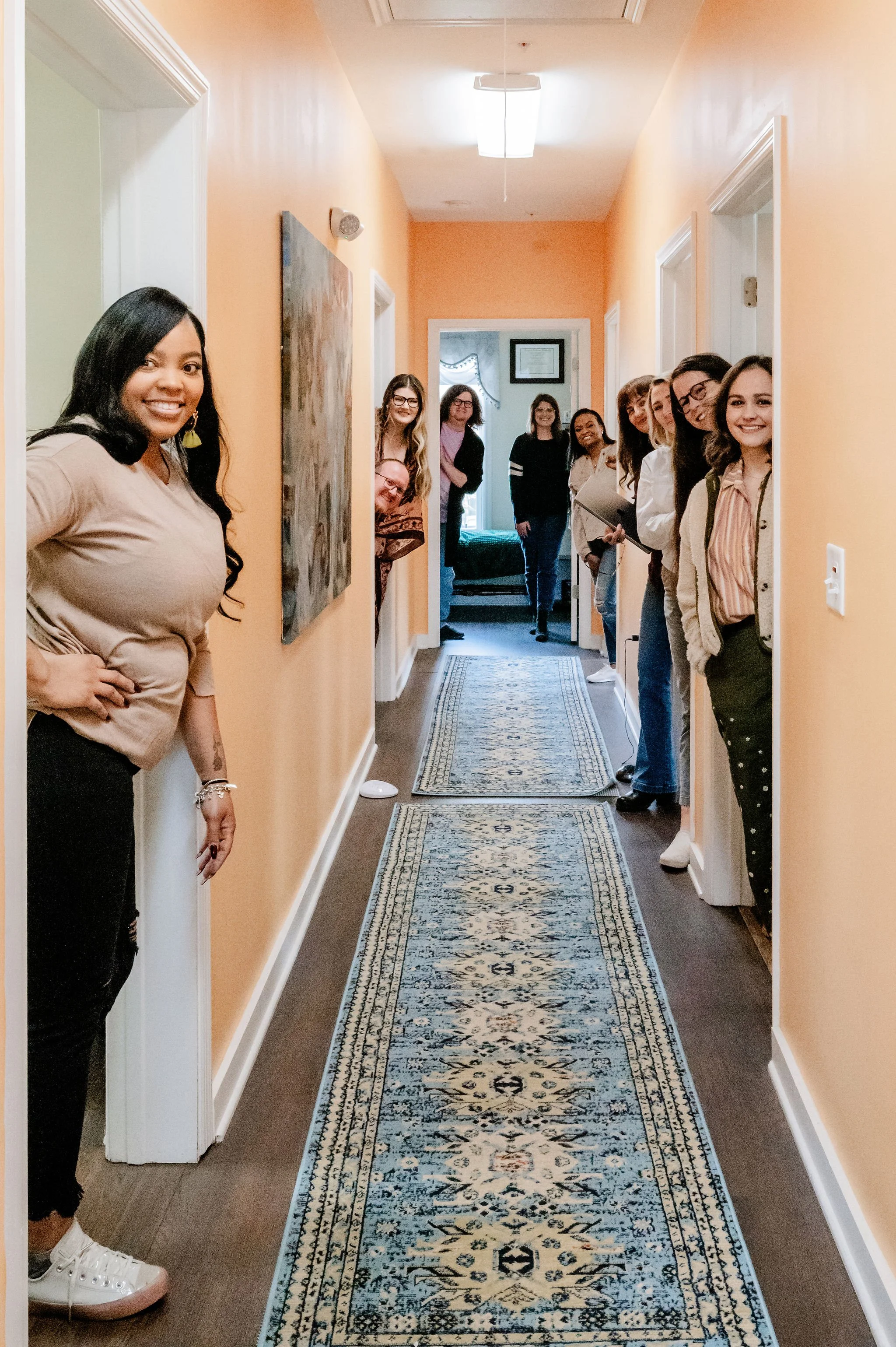
Here is how pets support your mental health
You probably know someone who lights up when they talk about their pet. Maybe that’s you. The way they greet you at the door or curl up beside you can make a rough day a little easier.

Should you use an AI therapist?
AI tools are everywhere, including mental health. While they can seem like a convenient, low-cost alternative to therapy, research shows there are serious limitations and risks when replacing human care with artificial intelligence.

Social media and mental health: does your feed offer connection, or only comparison?
In today’s world, scrolling is part of daily life. TikTok, Instagram, and other platforms can connect us with friends, share inspiration, and even spread mental health awareness. But social media also has a complicated relationship with our well-being. For many people, the same apps that provide connection can also fuel comparison, anxiety, and disconnection from real life.

When “gifted” grows up: how a childhood label affects adult life
Being labeled gifted in childhood can stick with you. For many adults, that label shows up as deep feelings, high standards, or a sense of being different.

The cost of not sharing your feelings
North American men are taught to keep their emotions to themselves, and they do. Studies show that up to 70 percent of young men avoid seeking mental health help, and only about 17 percent saw a counselor in the past year. There is a cost to this.

Queer: LGBTQ+ youth and family rejection
Facing rejection from family can feel like losing your safety net. You might experience outright hostility, silence, or exclusion. Understanding what’s happening and knowing where to turn can help you reclaim your worth and find genuine support.

Coping with religious guilt
Religious guilt is a natural moral emotion that arises when we believe we’ve fallen short of our spiritual or moral standards. In healthy amounts, it can guide us toward growth and accountability. But when it becomes chronic or rigid, often after strict teachings or spiritual abuse, it can shift into maladaptive guilt.

Back-to-school mental health checkup for your child or adolescent
This 30‑minute session offers a structured emotional check‑in as children transition into a new school year.

How Investing in Premium Counseling Can Transform Your Life: Beyond Insurance-Based Care
At Cedar Tree Wellness Center, we are committed to making quality therapy accessible to all. That’s why we accept a range of insurance options and offer sliding scale fees to ensure everyone can find the support they need.

Supporting a loved one through addiction
Now enrolling: supporting a loved one through addiction.
This group is for adults who are navigating the challenges of supporting someone struggling with addiction of any kind.